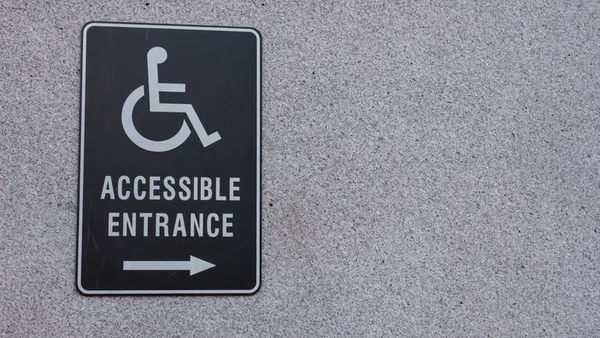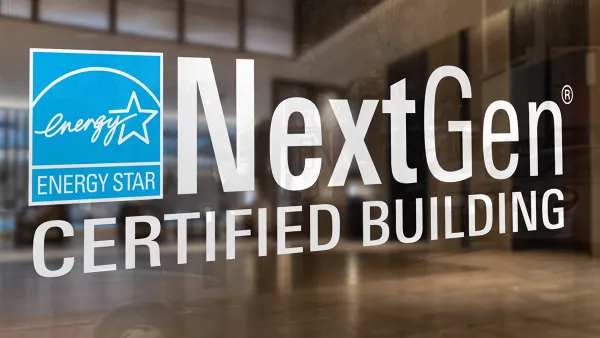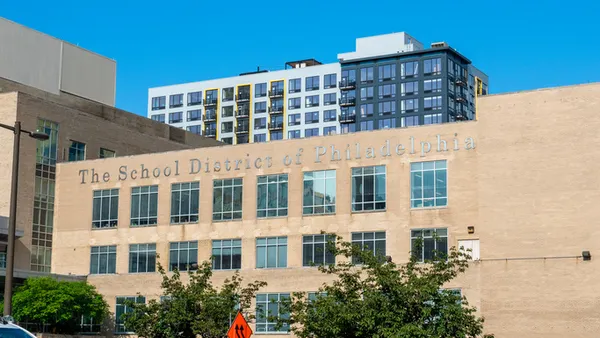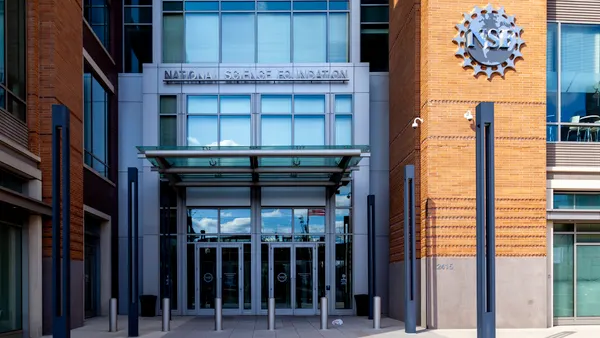UPDATE: Oct. 9, 2023: California Gov. Gavin Newsom signed both SB-253 and SB-261 on Saturday, Oct. 7. In signing messages, Newsom noted concerns about the overall financial impact of the bills and said he is instructing CARB to closely monitor the cost impact and make recommendations to streamline the programs.
Dive Brief:
- The California legislature has passed two climate-related legislative measures to standardize climate disclosures, align public investments with climate objectives and raise the criteria for companies to promote climate action.
- Senate Bill 253 mandates disclosures of scope 1, scope 2 and scope 3 greenhouse gas emissions by certain large businesses operating in the state. Senate Bill 261 requires public disclosures of climate-related financial risks and related countermeasures from a wider range of large companies.
- Both bills, passed by the California Senate and Assembly in mid-September, have been presented to California Gov. Gavin Newsom to sign or veto by Oct. 14. If these bills are signed into law, facilities managers in affected companies should begin to set up systems and procedures for compliance, experts say.
Dive Insight:
SB-253, the Climate Corporate Data Accountability Act, requires companies operating in California with more than $1 billion in annual gross revenues to publicly disclose their scope 1 and scope 2 greenhouse gas emissions starting in 2026 and to report their scope 3 emissions for the previous fiscal year starting in 2027. The bill applies to an estimated 5,400 companies, according to Politico. The bill requires the California Air Resources Board to develop and adopt regulations requiring these disclosures by Jan. 1, 2025. CARB is authorized to impose penalties of up to $500,000 a year for nonfiling, late filing or a failure to meet requirements.
SB-261, titled Greenhouse Gases: Climate-Related Financial Risk, requires companies with annual revenues of more than $500 million to prepare biennial reports of their climate-related financial risks and strategies for risk management, starting no later than Jan. 1, 2026. CARB is authorized to impose administrative penalties of up to $50,000 on companies that either publish reports with inadequate or insufficient information or fail to make the report publicly available. SB 261 is expected to impact more than 10,000 companies in the state, according to a Sept. 12 Senate floor analysis,
Both legislative measures overlap with the U.S. Securities and Exchange Commission’s proposed climate disclosure rules for publicly traded companies. The SEC is reviewing comments on that proposal and has declined to give a timeline for release of the final rule. Both SB253 and the proposed SEC rules would require the reporting of scope 3 emissions — which has drawn some controversy because of the sheer difficulty of calculating such emissions.
Scope 3 “refers to what your partners and subcontractors produce in emissions,” Alex Stettinski, CEO of the San Jose Downtown Association, said in an interview. “You have to talk to your partners and subcontracting firms to ensure they're reducing their emissions as well.”
Regardless of the progress of the SEC proposal, “there are clear advantages in the completeness and scope of the data that could be gathered by California in enacting SB 261,” a Sept. 12 Senate floor analysis noted. “However, moving forward the author should take care to ensure that SB 261 does not create an undue reporting burden when taken alongside the SEC proposal.”
Both of California’s bills, if adopted, will likely face legal challenges, which could postpone implementation or result in repeal of the laws in part or in whole, according to a report from law firm Skadden Arps, Slate, Meagher & Flom.
Scott Gaudineer, president of the American Institute of Architects’ California Council, said facilities managers will face a steep learning curve if these bills become law. “I suspect that in due time, the industry will find the appropriate tools that won’t make this such a heavy lift. The industry will respond … by providing the tools for facilities managers to be able to accurately and swiftly drive those quantifications,” he said, estimating that the tasks required might become easier by 2027 or 2028.
SB-253 has garnered support from at least a dozen large corporations, including Microsoft, Ikea USA., Atlassian and Adobe. “We are already taking action to reduce and disclose our emissions, along with many of our peers,” they stated in a joint letter they submitted in August to state Rep. Chris Holden, the chair of the California Assembly Appropriations Committee. Although thousands of companies are voluntarily reporting their scope 1-3 emissions worldwide, there is “a disconnect between the actions of companies like us and what we see in the mid-market and in our supply chains,” they wrote. Mid-market companies and suppliers may not have the resources or the knowledge to disclose and take action on scope 3 emissions, the letter states, but they “still have significant emissions footprints.”
Stettinski said he supports both state bills, calling them a logical next step for California. “California is not doing that to punish companies, [although] some companies may look at it that way. This is really more to move ahead and take the climate solution more seriously,” he said in an interview. “Making emissions numbers transparent helps on so many levels. Companies want to make sure they stay competitive, so they would do anything to [ensure] those numbers are low.”
Stettinski recommends that facilities managers ensure that replacement devices, tools and appliances generate low emissions. He says the bill “creates awareness of what we're actually producing in emissions.”












